The terrorist threat has diminished somewhat in the last few years, ever since the collapse of the Islamic State. While we had a severe problem with ISIS fighters infiltrating our country back when ISIS was strong, ever since that organization has fallen, things have been much quieter. But is that about to change? Does the fall of the Afghani government and the subsequent takeover of Afghanistan by the Taliban carry with it more imminent threats to us here at home?
We really can’t answer this question right now, but I strongly suspect that we’re going to see a rise in terrorism soon. While the Taliban technically hasn’t been classified as a terrorist group, they have strong ties with both al-Queda and the remnants of ISIS. ISIS-K has taken credit for the bombing outside the fence at the airport on August 26th.
It is not the first activity by ISIS-K. According to the UN, this splinter group from ISIS, which operates in northeastern Iran, southern Turkmenistan, and northern Afghanistan, was responsible for 77 acts of terror in Afghanistan in just the first four months of 2021.
Making matters worse, the Taliban has released thousands of prisoners that the legitimate government had incarcerated. A high percentage of these were either members of ISIS or al-Qaida. While some of those might join the Taliban, chances are pretty high that they will go back to their parent organizations, where they can continue their lives as terrorists.
A safe haven for terrorists
This brings to light one of the biggest concerns with our withdrawal from Afghanistan. Afghanistan is becoming a safe ground for terrorists. We already know that the two aforementioned terrorist groups are operating there, even before our complete pullout of the country. How much worse is it going to be afterward? How much support will the Taliban government give those terrorist groups, and how much more difficult will they be to apprehend them, with official government protection?
The real question for us is how much is that going to affect us here at home? Extremist Muslim terrorism has always been predominantly directed against other Muslims in Muslim-controlled countries. Even so, these terror groups have operated worldwide, attacking both the United States and European countries.
Terrorists, like animal predators, look for weakness. While these extremists don’t have a problem with giving up their lives for their cause, they want to make sure that they make the biggest splash possible during their passing. That’s easier to do with weak enemies, who cannot defend themselves, than with strong ones. Unarmed populations are vulnerable, but so are people who won’t use the power they have to protect themselves.
That’s precisely what our government is showing these terrorist groups right now. The manner of our pullout from Afghanistan, ignoring the plan created during the Trump presidency, and just pulling the plug, pulling our military out first, is a sign of weakness.
We would have looked strong if the military stayed in place, protecting our civilians while we pulled them out and then turned the country’s defense over to the Afghani government in an orderly manner – even if the Afghani government collapsed after we left.
But as this situation has developed, the Taliban has dictated terms to our government. What President Biden calls “negotiations” doesn’t look much like anything is being negotiated, if we can believe the videos being put out by Taliban leadership, demanding that we pull out by the programmed date of August 31st and not being willing to negotiate.
On top of that, our government isn’t even doing a good job of protecting American civilians in the country, with Biden saying that the government can’t guarantee their safety and that US troops will not go out into the city to bring them to the airport for evacuation.
One more critical piece that needs to be added to this puzzle; that’s our porous southern border. While the two crises may seem to have nothing to do with each other, we saw the danger of a porous border when ISIS was at its peak of power. In McAllen, Texas, 10 ISIS warriors were captured, trying to get across our border. How many more such “migrants” will be crossing in the next few months, with Biden’s open border policies that prevent the Border Patrol from doing their jobs?
Preparing for Terrorists
With all that in mind, we need to prepare for an increase in terrorist activity. I hope I’m wrong, but I don’t feel we can afford to take that chance.
Preparing for terrorist attacks is considerably different than defending ourselves from other types of crime. To start with, there’s very little need to concern ourselves with defending ourselves in our homes.
Terrorists aren’t going to break into someone’s home to steal their new television; they’re looking for high-visibility targets where they can make a big splash, inciting terror in the population—more than anything, that means lots of bloody victims.
But can we make a difference in such an attack? Yes, we can. The general attitude amongst law enforcement officers along the southern border of Texas is that they don’t need to prepare for a terrorist attack, even though that’s a prime entry point for the terrorists. While that is said a bit tongue in cheek, they are relatively sure that Texas citizens with concealed carry licenses will most likely take out the terrorists before the first police officer can arrive at the scene.
In reality, most terrorist attacks only last seconds, maybe a few minutes. Like mass shootings in schools, terrorists try to get the most significant body count they can in the least amount of time. They go into it knowing that they will die, if not by their hand, then by someone shooting them. Their clock starts ticking as soon as they take action.
How do we prepare?
An unarmed individual has much fewer options than one who is armed.
If we’re going to be able to take part in our defense, let alone the protection of our communities, we need to be armed. That means getting a permit or license and carrying a gun on you at all times. I realize that isn’t possible in all states, but take advantage of that law and arm yourself if it is.
But carrying a gun isn’t enough by itself. We must realize that we’d be going up against men armed with rifles, armed only with pistols. And you can be sure that they will be well trained in the use of those rifles, even if their style of shooting falls into the category of “spray and pray” rather than aimed fire. Still, that gives the bad guys a distinct advantage of range and firepower.
Since running and hiding probably isn’t an option if we find ourselves in that situation, we need to know how to deal with it.
That starts with lots of practice at the shooting range. While pistols are generally not considered a long-range weapon, they can make shots accurately at 50 feet or more with exercise. Most of us are used to practicing at a much shorter distance than that, so we’re not ready when we’re called on to shoot at a more extended range.
Shooting at longer ranges like that not only takes practice, it takes patience. It isn’t the time for rapid-fire, but rather for slow, aimed fire. All rapid-fire is going to do is attract the terrorist’s attention and make you a target. You want to make every shot count.
The other part of this is avoiding getting shot yourself. That’s more important than your ability to shoot is. So spend time practicing moving tactically, finding cover and concealment, and shooting from unusual positions, where you can’t get a good “shooter’s stance.”
Avoiding Becoming a Victim
As I already mentioned, any terrorist will be looking to get the most attention possible for their actions, especially media attention. This means making their attacks in the most public places possible and gaining the most victims possible. One of the easiest things we can do to avoid becoming a victim is to make sure we avoid those places.
Now, I realize that such a statement goes against the grain. You may very well crave that opportunity to be the hero and get the bad guys, saving people’s lives. I fully understand that, as I have the same desire as well. That’s why I have to constantly remind myself that it’s my job to protect my family, not the whole country. There’s not enough of me to protect everyone, and I’m not Captain America.
That’s not to say that I won’t take the shot if the opportunity presents itself. It’s just to say that I won’t actively seek it out and go to places just because there might be a terrorist attack there.
One of the big problems we face in dealing with these terrorists is the legal risk we put ourselves in when we fire a gun. Even if we do everything right and stop a terrorist incident, we may be arrested and charged with murder. That’s especially true if we act preemptively before the terrorists take a shot at anyone.
Our only protection against such charges is to ensure that we allow the terrorists to take the first violent action, putting ourselves in the position of responding to their actions. While we will probably still be investigated and may even be arrested, chances are pretty good that we will beat the charge and be set free. We may even get official recognition for our actions. But don’t count on it.
As part of our decision loop, we must consider the alternative of just getting ourselves and our families out of there rather than confronting the terrorist or terrorists. If we get involved in a shootout, there’s no guarantee that we’ll come out of it alive. Ask anyone who has been in combat, and they’ll tell you how crazy and unsure things can get. Dealing with people who don’t care about their own lives makes that worse; it doesn’t make it better. They’ll take bigger chances simply because they have no plans to go home. So you’ll have to take bigger chances to defeat them.
If you do end up having to draw your gun, make sure that you do the most you can, the fastest you can, without rushing. There’s an old saying that “slow is smooth and smooth is fast.” That’s what you’re seeking to do. Be smooth and be fast, but don’t be any faster than you can be accurate. Accuracy always trumps speed, no matter what anyone says.
At the same time, it’s essential to be aware of others around you, including your own family. It’s easy to get tunnel vision when dealing with a threat, but that tunnel vision can keep you from seeing others in the area, innocent bystanders who might become victims.
The terrorist doesn’t have to worry about these people, as they are just so many more targets to the terrorist mind. But to you, they are the very people you are trying to protect. It would help if you made sure that any shots you miss don’t hit them while at the same time doing everything you can to make sure that any shots fired at you don’t hit them either.
This is where tactical movement comes into play. Before taking a shot, perhaps even before drawing your gun, you need to move to a position where there are no innocent bystanders behind your target, and there are none behind you. That’s the only way you can make sure they don’t get hit.
Keep in mind that you may end up dealing with more than one bad guy. While there are plenty of lone-wolf terrorists, there are also those who operate as part of a team.
This is another place where we need to make sure that we’re not operating with tunnel vision. As you move, your movement needs to be to a place where there aren’t people behind you from any direction, as difficult as that may seem. You also need to consider in what order you’re going to deal with the terrorists to maximize your effectiveness. Which one should you shoot first? Who’s next? How do you transit your firearm from one to the next? When should you move and where should you move to? All this has to be in your mind, and better be in your mind before you start.
I regularly evaluate my options, especially my movement options, whenever I’m out in public. It doesn’t matter if I’m in a store, at a restaurant, or church. I look around for exits, possible cover and concealment, and where I can move to shoot at a potential shooter without the risk of collateral damage. Considering that my wife is almost always at my side, making sure there isn’t any collateral damage is as important to me as taking out that terrorist.


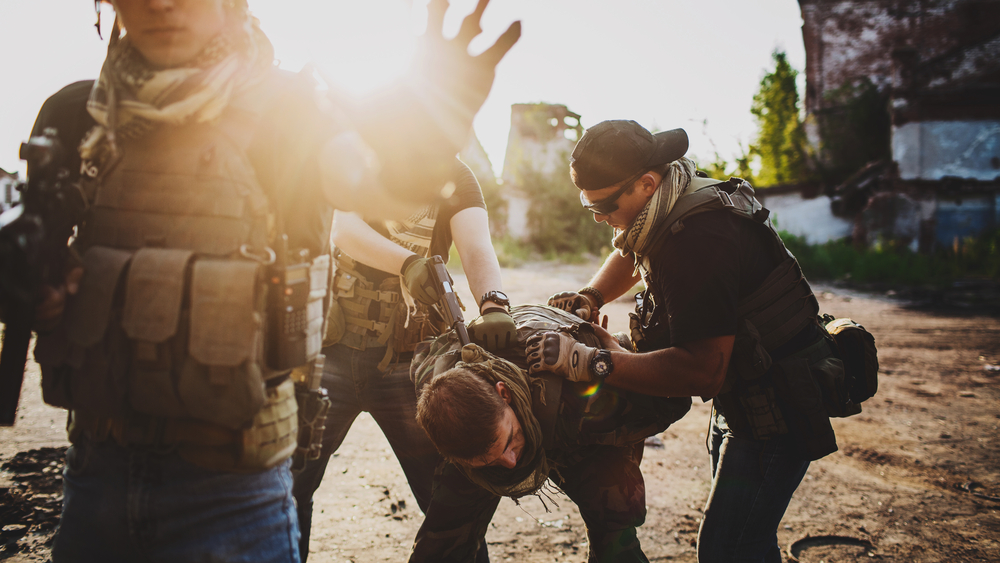

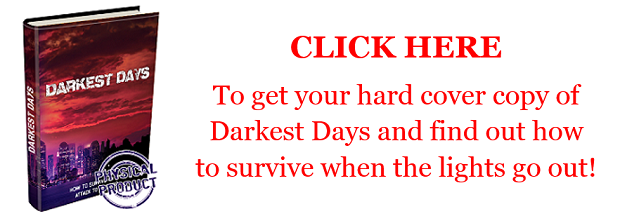
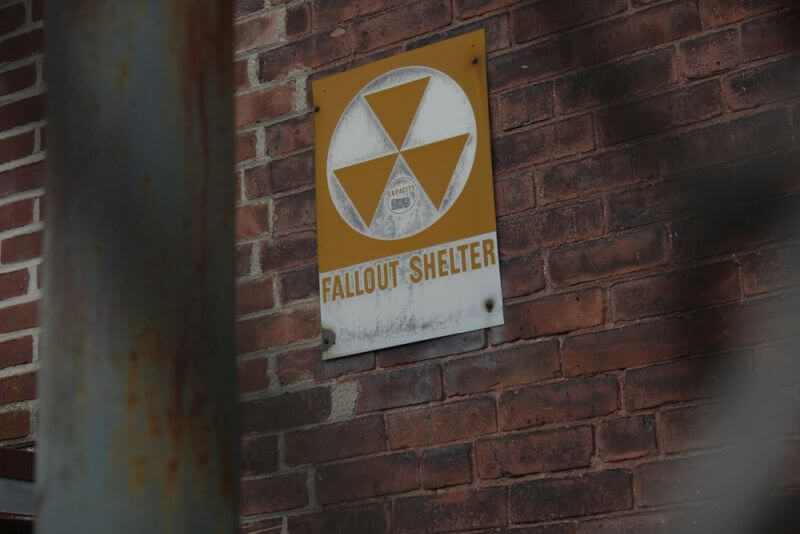
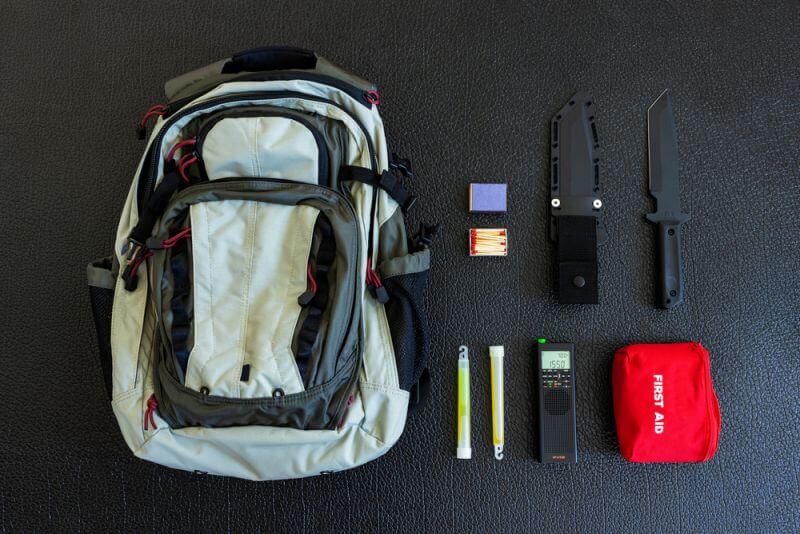
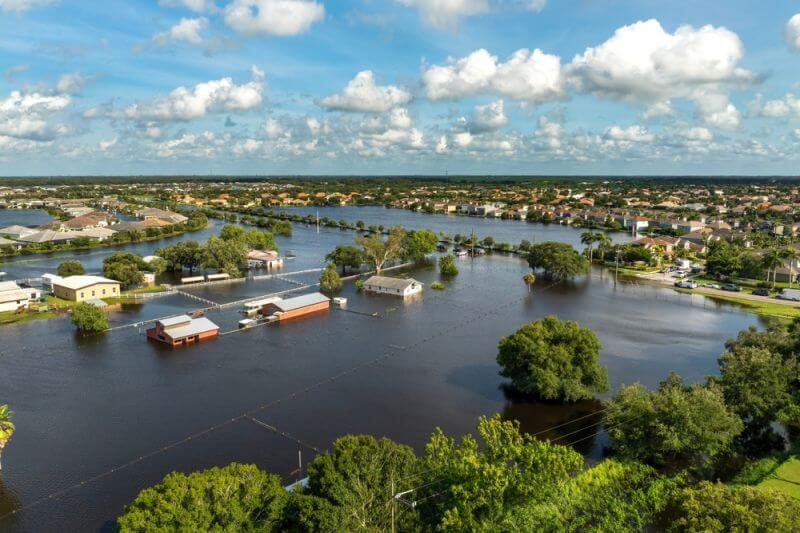


Mel | August 31, 2021
|
They just dropped about 10,000 unvetted Afghanis about 4 miles from my house in NJ.